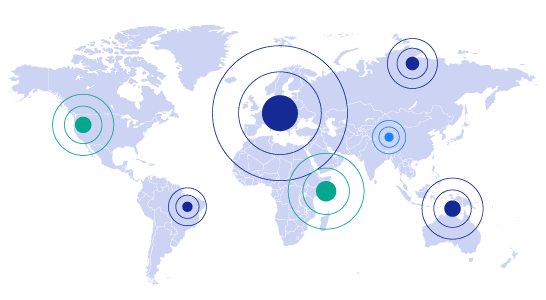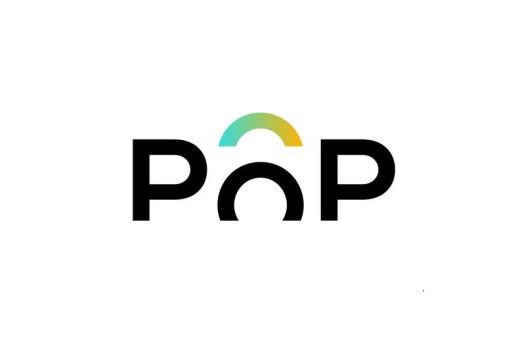Mandatory Electronic Invoicing in Uruguay
Learn how to get your company ready to exchange documents in accordance with Uruguay requirements with the support of Comarch
Learn how to get your company ready to exchange documents in accordance with Uruguay requirements with the support of Comarch

Like other South American countries, Uruguay’s e-invoicing system follows the clearance model. The tax authority (DGI) implemented a phased rollout from 2016 to 2022, gradually expanding the scope of electronic invoice regulations to encompass all taxpayers in the country. Electronic invoices must be issued in XML format and digitally signed.
In Uruguay, electronic invoices, known as Comprobantes Fiscales Electrónicos (CFEs), are regulated by the Dirección General Impositiva tax authority, which oversees their issuance, receipt, and storage. The DGI initiated the phased implementation of e-invoicing in 2016, requiring businesses and taxpayers to adopt the system, which was fully implemented by 2022.
DGI has released Resolution 531/2022, which contains a new version of electronic invoice that replaced the old versions.

Resolution Nº 798/2012 defines the e-invoicing system implemented by the Dirección General Impositiva as the framework for small, medium, and large businesses to generate electronic documents for their commercial activities. Referred to as the "Electronic Tax Receipts Documentation Regime", this system outlines the requirements for businesses to issue CFEs for their transactions, granting them the same legal and tax legitimacy as paper invoices.


To issue electronic invoices, businesses or taxpayers must complete the administrative registration and certification process with the Dirección General Impositiva.
The requirements include:
According to Resolution 2548/2023, the DGI has established December 31, 2024, as the ultimate deadline for adopting e-Invoicing for the taxpayer groups defined in Resolution No. 2389/2023. All VAT taxpayers, including those subject to the minimum VAT rate, whether newly registered, resuming activities, or transitioning to this tax category, must achieve certification as electronic issuers by this date.

Uruguay’s e-invoicing system uses CFEs, which are standardized in XML format. The system includes the following types of documents:




Comarch will guarantee full coverage of requirements within the partnership by enabling the exchange of invoices compliant with local tax authorities and Uruguay entities.
We have 20+ years of experience in carrying out various EDI, e-invoicing, and other document exchange projects around the world. In those years, we have successfully connected more than 130,000 entities from over 60 countries.
Full compliance with the latest data exchange regulations and modern data transfer standards
Applying new technologies and IT solutions in order to streamline workflows and automate activities and procedures
Tailor-made solutions based on processes specific to each company – own road map and a suitable pace of changes
Highest level of security for all sensitive and important company data
If your company is based or has branches in the Uruguay and you need to prepare your billing and tax systems to comply with the new requirements. Click on the button below to get in touch with one of our experts.

Make sure your business meets international standards with the Comarch e-Invoicing platform, trusted in more than 60 countries. Enjoy hassle-free integration and continuous compliance updates.


























